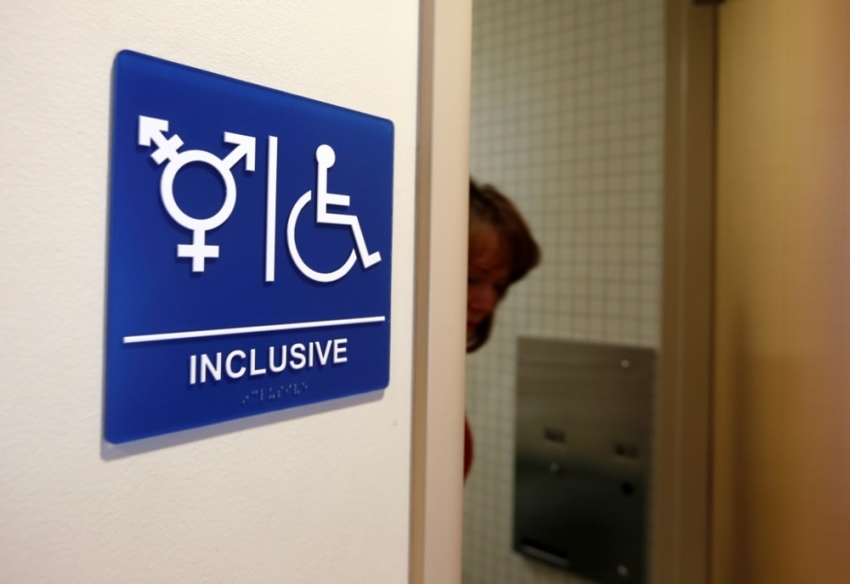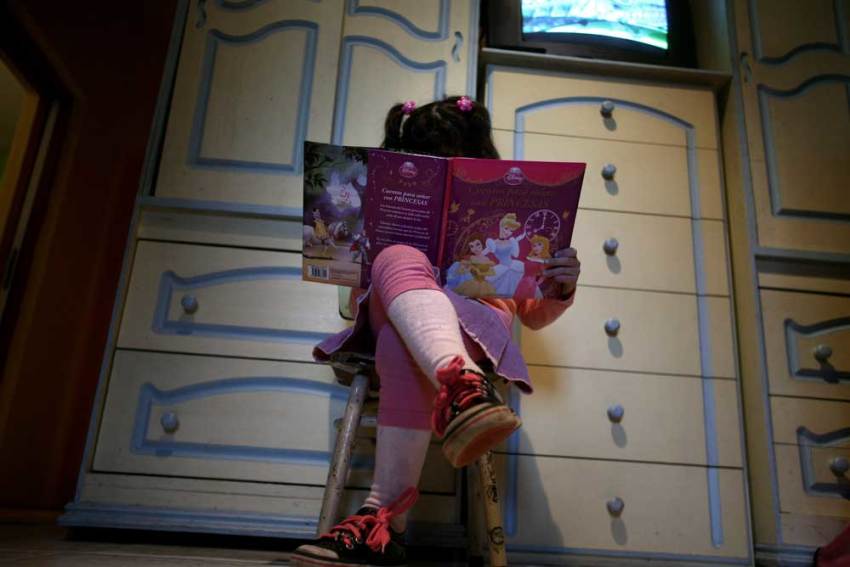Pediatric Experts Clash Over Liberal AAP Teaching Children It's Healthy to Be Transgender

In 2002 a group of pediatricians and related professionals split from the 86-year-old American Academy of Pediatrics over the organization's support for abortion and homosexual adoption. Some 14 years later, now called the American College of Pediatricians, the group is challenging the AAP on transgenderism.
In a biting statement last month, the American College of Pediatricians warned legislators and educators that conditioning children to accept transgenderism as normal is child abuse, as transgenderism is classified as a mental illness.
"The American College of Pediatricians urges educators and legislators to reject all policies that condition children to accept as normal a life of chemical and surgical impersonation of the opposite sex. Facts — not ideology — determine reality," they warned.
"When an otherwise healthy biological boy believes he is a girl, or an otherwise healthy biological girl believes she is a boy, an objective psychological problem exists that lies in the mind not the body, and it should be treated as such. These children suffer from gender dysphoria. Gender dysphoria, formerly listed as gender identity disorder, is a recognized mental disorder in the most recent edition of the Diagnostic and Statistical Manual of the American Psychiatric Association. The psychodynamic and social learning theories of GD/GID have never been disproved," the statement added.
The liberal-leaning 64,000-member American Academy of Pediatrics, however, sees things differently.
When North Carolina enacted the H2 bathroom bill that prohibits local governments from passing ordinances that force businesses and institutions to allow transgender people into opposite sex bathrooms, the AAP spoke out, arguing that the legislation endangers youth.

"As pediatricians, we know first-hand how increasing burdens and barriers for youth who are lesbian, gay, bisexual or transgender can increase their risk of depression, substance abuse, dropping out of school, or suicide," Deborah Ainsworth, president of the AAP North Carolina Chapter, asserted in a statement.
"The law can also have unintentional consequences for children born with gender-related genetic disorders, children with disabilities who may need a different sex parent to help them in the restroom, and children who find themselves homeless due to lack of support for their gender identities," she further argued.
"Laws like HB2 send a distressing message to transgender youth and can worsen the challenges many already face," Ainsworth added.
Lisa Hawkins, executive administrator of the American College of Pediatrics based in Gainesville, Florida, said arguments like the ones put forward by Ainsworth thrive on emotion.
The adoption of a raft of bathroom policies nationwide supporting the transgender lifestyle appear to align more with a desire to be politically correct than with scientific evidence, Hawkins said.
"People don't want to be discriminatory, they don't want to be unkind. They want to be empathetic, all of which we understand, but those decisions are not based on science. There is no science indicating that people who are struggling with homosexuality or transgenderism are born that way. There is a lot more science that shows there is a combination of things that can create that," Hawkins said.
She noted that while the American College of Pediatricians is much smaller than the AAP, they have members in 47 U.S. states and all members are given an opportunity to weigh in on what gets published.
"We are much smaller, however, all of our members have a say in what we publish. That is not true in the American Academy of Pediatrics. What they post and publish is based upon the decision of a handful of people, like maybe 20 people, 15 or 20 people," she said.
People should be aware, she said, that the positions taken by the AAP on issues such as transgenderism might not reflect the views of all the organization's members.
Asked to comment on this criticism, the AAP in an email told CP: "Policy statements are drafted by [a]committees of experts in a relevant field after a review of the medical evidence, and are reviewed by numerous other medical professionals, including both internal and external groups, before they are approved by the elected board of directors."
The American College of Pediatrics, said Hawkins, gets attacked repeatedly because they are not "politically correct" or get funding from special interest corporations.
"They (critics) slam us all the time in the media as not being real doctors or they are not very scientific or that kind of thing, which is not true because our members have the same requirements and qualifications as they do for the other medical association. There is no difference. Our members are licensed and board certified just like theirs are," said Hawkins.
"We separated from the American Academy of Pediatrics in 2002 because of a difference of opinion. The Academy started supporting abortion, which was counter to what most pediatricians believe, and then they started supporting homosexual adoption of children in 2002 and that was the final split," she said.
"There is nobody influencing our policies and positions," Hawkins continued. "We have no funding from any political arms at all. Funding comes from member dues and donations. We have no connections to any pharmaceutical companies or anything like that."
While the bulk of their funding comes from "membership dues and subscriptions, contacts and grants and publications and manuals" the AAP said it does "also accepts funding from corporate funders."
The AAP declined to respond directly to concerns on whether or not the policies advocated by the organization was influenced in any way by progressive politics.



























